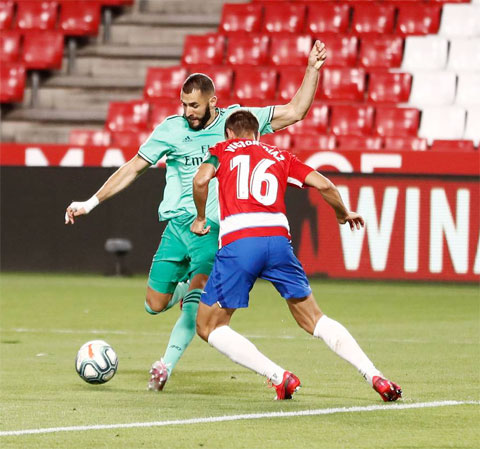There are many cases when the power of this world became avid players. Despite the stereotype that gambling is a waste of time, they spent a lot of time at the tables and did not consider it their disadvantage.

Entertainment 24, supported by Cosmolot, tells the story of the role of gambling in the fates of prominent historical figures. Throughout his life, the ancient Greek philosopher Aristotle tried to study and explore all spheres of human life and life. He tried to approach each of them from a scientific point of view.
That’s why his attention was attracted by the popular dice game at the time. He sought to understand why people were trying so hard to get the combinations they needed on the game cubes. After studying this issue, he proved that guessing combinations by players is nothing but an accident.
As Aristotle discovered later, it is chance that occupies a fundamental place in the structure of the universe. Therefore, it can be considered that it was the gamble of the dice that created the basis for the theory of probability. In addition, in his research, the philosopher gave some advice to players who significantly increase the chances of winning. By this time they remain relevant and help thousands of people.
Blaise Pascal is another scientist whose research has been helped by gambling. He, like Aristotle, was interested in probability theory and studied it on the basis of dice. He spread this topic widely because many mathematicians also began to study it. For example, Dutch mechanic Christian Huygens wrote a scientific treatise “Calculations in gambling.”
This was not enough for Pascal. For a more detailed study of probability and randomness, he created a wooden wheel with numbered sectors into which he threw the ball. This device is considered the ancestor of modern roulette, but the game itself became popular after the death of Pascal.
Giacomo Casanova was not only a well-known catcher and lover, but also an avid gambler. He loved playing Pharo, whist, Biribi and basset. He probably would have liked poker, but this game didn’t come about until 100 years after the man’s death.
Casanova aspired to become a professional player, but he failed to realize this dream. However, in the 1760s Giacomo organized a lottery with the support of King Louis XV, and this case was a significant success. At first, their goal was to raise 20 million francs for a military school and prevent the monarch from raising taxes for the population. In addition, they wanted to fill their own pockets.
Already on the first day of the national lottery, they managed to collect 2 million francs, which exceeded expectations ten times. At this rate, the necessary amount was able to earn very quickly. After that, they continued to engage in the lottery, and Casanova went side by side with gambling entertainment for the rest of his life.